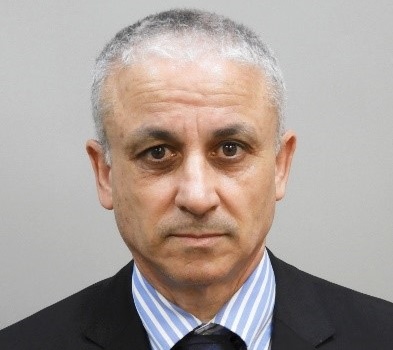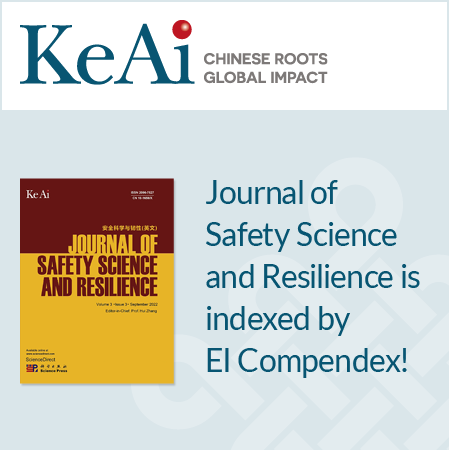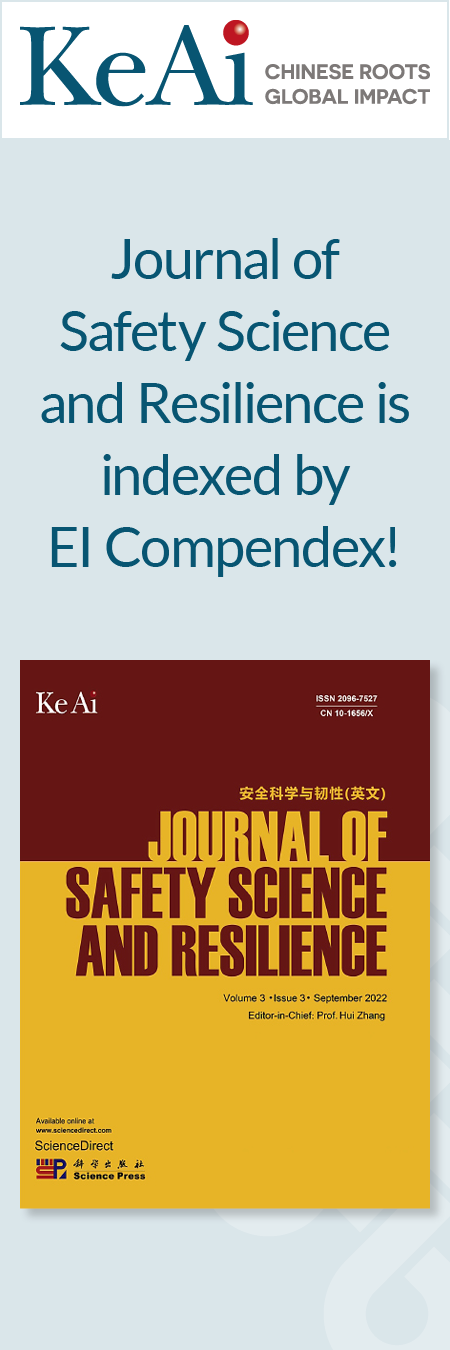AI-driven Chemical engineering safety and personnel protection
Published 12 June, 2025
Dear Colleagues,
In this era of rapid digital and intelligent transformation, emerging technologies are revolutionizing hazard identification, risk assessment, and safety management in the chemical industry. These technologies include artificial intelligence (AI), machine learning, computer vision, the Internet of Things (IoT), and digital twins. Nonetheless, while they offer unprecedented opportunities to enhance process safety, worker protection, and emergency response, they also present new challenges such as algorithmic reliability, human-AI collaboration, and personnel protect in high-stakes environments.
Against that backdrop, this special issue focuses on the intersection of AI and chemical safety, with the goal of advancing predictive hazard analytics, intelligent monitoring systems, and resilient safety frameworks for industrial applications. We invite original research and critical reviews addressing AI-driven innovations in chemical process safety, personnel risk mitigation, and safety decision-support systems. By providing a platform for researchers, engineers, and policymakers, this issue will foster discussions on leveraging AI to build safer, smarter, and more sustainable chemical industries.
Topics of interest include the latest theories, technologies, methods, limitations and challenges for AI-driven chemical engineering safety and personnel protection in public and academic domains.
We look forward to your valuable contributions!
Topics covered but not limited:
- AI-driven fault prediction and risk management in chemical processes
- Chemical risk assessment and leakage and diffusion simulation optimization
- AI-assisted emergency response and decision support system
- Risks and resilience of chemical industrial parks
- Machine learning in predicting safety attributes of new chemicals/materials
- AI-driven optimization of human protection, evacuation strategies
- Digital twin technology for chemical plants safety and resilience
- Safety and resilience in the new energy industry
Prof. Jinghong Wang
Guest Editor
Submission Instructions:
- Submission Deadline:31 March 2026
- Please read the Guide for Authors before submitting. All articles should be submitted online.
Guest Editor(s)
Leading Guest Editors:

Prof. Jinghong Wang
College of Safety Science and Engineering, Nanjing Tech University, Nanjing, 211816, China
Email: arain@njtech.edu.cn
Homepage:https://cces.njtech.edu.cn/info/1023/1920.htm
Research Interests: Safe evacuation and risk management of crowds in disasters such as fires, toxic leakage, and floods; Risk analysis of near misses in typical chemical processes and Full-cycle safety management; Safety risk assessment and accident prevention for new energy (such as green hydrogen)
Co-Guest Editors:

Prof. Ahmed Mebarki
University Gustave Eiffel, UPEC, CNRS, Laboratory Modeling & Multi Scale Simulation (MSME/UMR 8208), 77454 Marne-la-Vallee, France,
Email:Ahmed.Mebarki@univ-eiffel.fr
Homepage:https://msme.univ-gustave-eiffel.fr/membres
Research Interests: Natural and technological risks, Reliability, Resilience, Digital Twins, Crowd evacuation

Prof. Tao Chen
School of Chemistry and Chemical Engineering, University of Surrey, Guildford, Surrey, GU2 7XH, UK,
Email:t.chen@surrey.ac.uk
Homepage:https://www.surrey.ac.uk/people/tao-chen
Research Interests: Computer modelling of chemical processes using multiscale mechanisms and machine learning, as well as model-based chemical product design and process optimisation.

Assoc. Prof. Jialin Wu
College of Safety Science and Engineering, Nanjing Tech University, Nanjing, 211816, China,
Email: wujialin@njtech.edu.cn
Homepage:https://cces.njtech.edu.cn/info/1024/3865.htm
Research Interests: Occupational health and personnel safety in disaster environments, with a focus on human injury mechanisms and protection technology, hazardous substances diffusion rules and control, chemical safety and emergency management.

